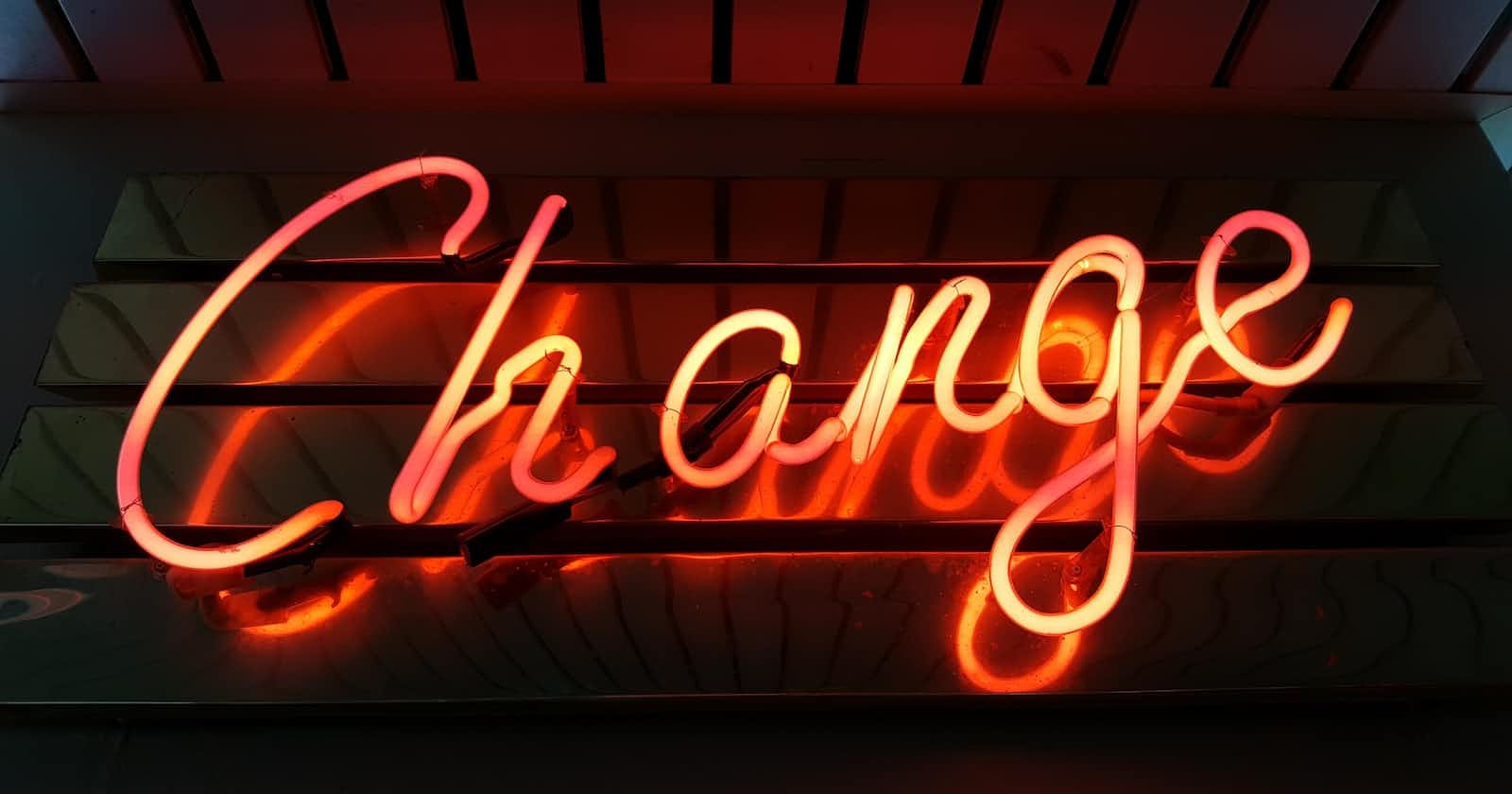It is a common understanding embedded in the minds of every Nigerian of age that the next presidential election would determine the fate of the next eight years of our lives, even though a term of office is four years. Hence, it is logical that the youth are really getting involved with the electoral process this period. Eight years is palpably just about a decade, and this decade will most likely shape our lots and consequently, those of the next generation, as so many take on jobs, courtships and life-changing decisions this period.
Change starts from within so the change we are aiming to see from the next administration has to be contingent on both administrative and individual decision-making. Our problems as a nation go beyond bad leadership but also the unchecked societal norms that are understated. Quite several youths would rather engage in ventures that are a far cry from an honest living, justifying themselves with the fact that the system has failed them. Our reputation, workforce, revenue, and even bedrock of support as a nation are imperiled. This is a result of bad executive and individual decision-making, both within the nation and the diaspora. This could lead to an unprecedented international ban on Nigeria, therefore dissolving our foreign trade and scaring away potential foreign investors. Foreign exchange and inflation are already in a terrible state and could still skyrocket to unimaginable lengths as a result of this.
A look at the current state of affairs in the nation unfolds the need for adjustments to be made by individuals at all facets of leadership, from the grass root level to the national level. Registration for the PVC was an already nerve-racking process, and so has the collection been for many. A country blessed with crude oil requires its citizens to queue for long hours to buy petrol which is being sold at a ridiculous amount of 400 naira (and above) per litre. The introduction of the redesigned 200, 500 and 1000 naira notes into the financial system by the CBN has resulted in a deadline for the use and deposit of the old notes being the 31st of January, hence many individuals and businesses have restrained from collecting them as a means of payment. This, therefore calls for a circulation of new notes which has been a massive failure as most ATMs are either empty as a result of a lack of the notes, or extremely crowded because of the notes. POS agents have also resulted in selling the notes at ridiculous amounts. Upon the announcement of the new deadline to be the 10th of February, we hope to see changes. The weather is extremely hot as the harmattan period is over and there is barely any electricity or even fuel for generators. It is barely a month to the election and there is a scarcity of PVCs, petrol, currency notes and electricity. What does this say about the ruling party?
Furthermore, even voting out the ruling party or for any party of one’s choice is still a problem as regards the rule by the INEC that one must vote where his or her polling unit is situated. There have been reports from individuals who have moved from their registered unit and have been told that they will be denied voting at their new location because of the (delimitation) code, as it does not tally with the polling unit. This rule is pointless in this modern age. Another is the fact that so many students were registered during the previous ASUU strike, so many have not been able to return to collect their cards as school is in session, and for those who have, their polling stations are most likely far from school. There should be polling stations made at universities as a great percentage of newly registered voters are students, this should make voting easier for students and lecturers as well. There are lots of corpers participating in the INEC training for the upcoming election so that there will be no issue of shortage of staff at polling units.
In conclusion, all hands should be on deck to effect the changes in this nation.


